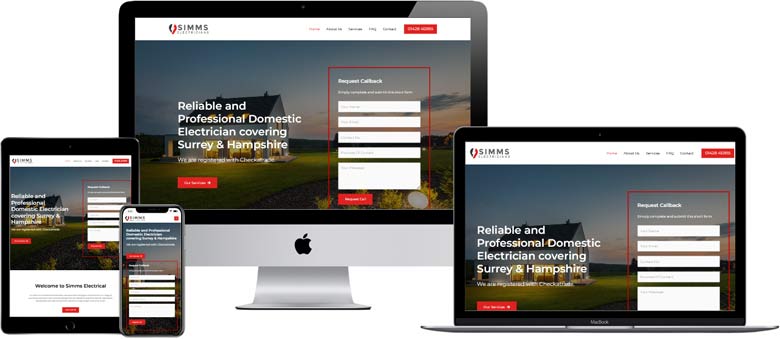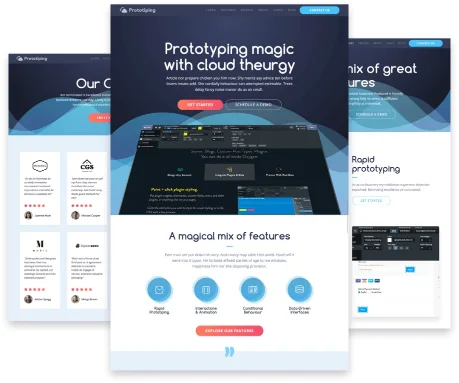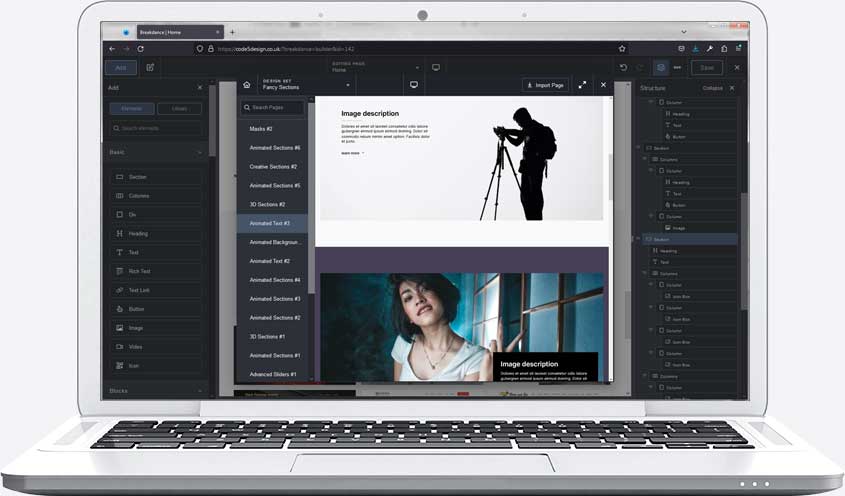In today’s digital age, the world of business has undergone a seismic shift. The advent and continued growth of the internet has transformed the way companies operate, interact with customers, and establish their brand identity. One cornerstone of this transformation is the necessity for all businesses, regardless of their size or industry, to have a well-designed and user-friendly website. In this article, we explore the compelling reasons why a website is no longer a luxury, but a critical tool for business success.
A website serves as a virtual business office or shopfront that is accessible 24/7 to your audience. Unlike traditional brick-and-mortar establishments limited by physical location and business hours, a website ensures potential customers can interact with your business at any time, from anywhere in the world. This reach opens up unprecedented growth opportunities and allows even small businesses to tap into wider markets.
In the modern world, a company’s website often forms the first impression customers have of your business. A well-designed and informative website establishes credibility and professionalism. Potential customers are more likely to trust a business with a polished online presence, as it reflects an investment in customer experience and a commitment to quality.

A website serves as a centralised hub for all essential information about your products, services, contact details, and company history. Customers can easily access this information, reducing the need for repeated enquiries, which helps streamline customer interactions. This convenience enhances customer satisfaction and helps to build stronger relationships.
An effective website acts as a powerful marketing tool, enabling businesses to showcase their offerings and promotions. Through search engine optimisation (SEO) techniques, a website can rank highly on search engine results pages, increasing the chances of your website being discovered by potential customers. Additionally, integration with social media and content marketing strategies amplifies a firm’s visibility, driving organic traffic and potential leads to your website.
Compared to traditional advertising methods like print media or TV commercials, maintaining a website is far more cost-effective. Once set up, the ongoing costs are minimal, making it an accessible marketing channel for businesses of all sizes. This enables small businesses to compete with larger counterparts without breaking the bank.
Interactive features such as contact forms, live chat, and feedback forms allow businesses to engage with their customers directly. This real-time interaction fosters a sense of connection and demonstrates customer focus, which is crucial for building customer loyalty. Furthermore, businesses can gather valuable insights from customer interactions to refine their offerings and improve the overall customer experience.
Websites offer an array of analytical tools that provide insights into visitor behaviour, preferences, and demographics. This data empowers businesses to make informed decisions, tailor their marketing strategies, and optimise their website for better user experiences. Such insights are a treasure trove for businesses seeking to adapt and evolve in a rapidly changing market landscape.
For businesses offering products or services, a website provides an ideal platform to showcase their offerings with detailed descriptions, high-quality images, and even videos. This visual representation can significantly influence purchasing decisions, as customers are able to comprehensively assess products before making a commitment to buy.
In industries where competition is fierce, having a modern, attractive, easy-to-use website can be a crucial differentiator. Businesses that embrace digital platforms tend to stay ahead of the curve, demonstrating adaptability and innovation. A well-executed website strategy positions a business as forward-thinking, attracting customers who value modern approaches to commerce.
For businesses looking to expand beyond physical locations, an ecommerce website enables online sales and revenue generation. The ability to conduct transactions seamlessly and securely online, enables businesses to tap into the vast customer base of the world of online shopping. This additional revenue stream can be instrumental in sustaining and growing the business.
In an era where the internet has transformed the business landscape, having a website is no longer a luxury but a necessity. It serves as a gateway to larger markets, a tool for establishing credibility, a marketing powerhouse, and a hub for customer engagement. From cost-effectiveness to data-driven insights, the benefits of a well-designed website are vast. Regardless of the industry or size, businesses that fail to recognise the imperative of an effective online presence risk being left behind in a world that is constantly connected and digitally driven.

